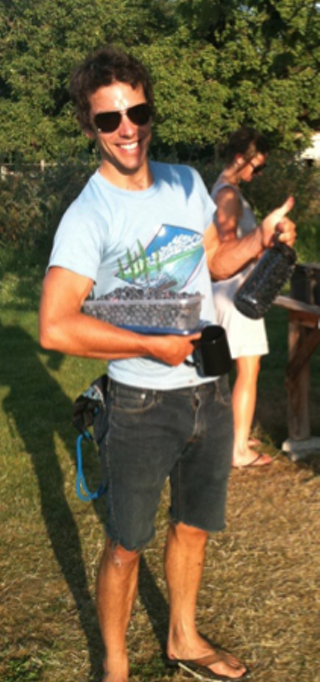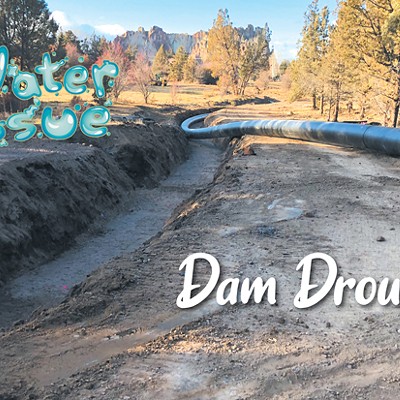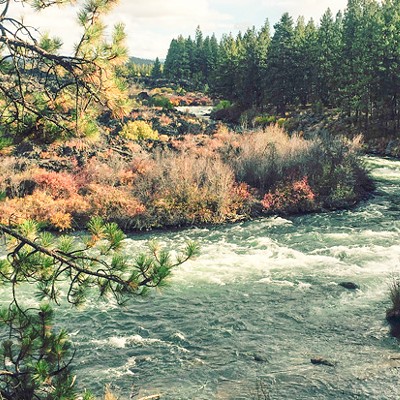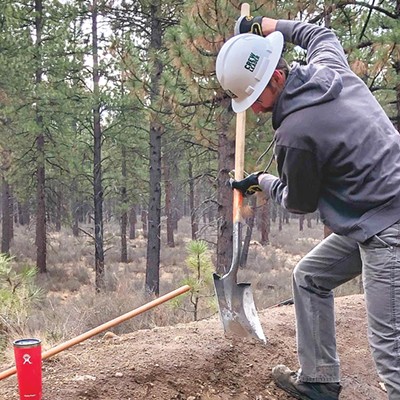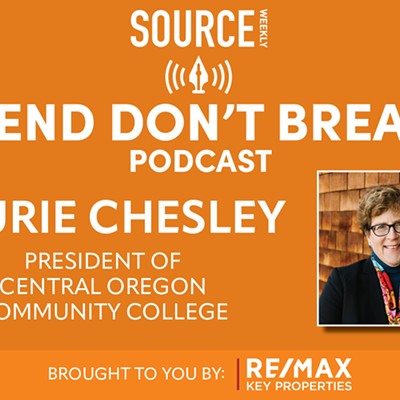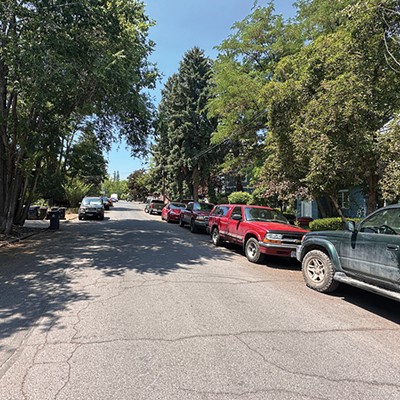During Wednesday's Mirror Pond Management Board meeting Pacific Power rep. Angela Jacobson Price was asked "how important is the dam to your company?"
"Not very," she said. Price went on to call the Newport Avenue dam, the 100-year-old structure which impounds the Deschutes River at Drake Park, "a small asset" and said it provides power for less than 1,000 homes.
Although she declined to elaborate further on what that might mean for the community and the future of the dam, Price did say that altering the dam was in Pacific Power's "10 year plan."
It still seems as if the utility company is very much open to relinquishing control of the dam. Price asked "What does the community want us to do?"
Ryan Houston, MPMB member and executive director of the Upper Deschutes watershed Council asked Price if the community says, "keep the dam," would you sell it to the Parks District? Again, Price declined to comment.
Other items of note from Wednesday's meeting of the MPMB, the non-decision making arm of the Deschutes River siltation project (the Mirror Pond Steering Committee is the oversight group than makes the calls—the management board is a citizen advisory committee):
- "The dam's not going to be there forever," explained project manager Jim Figurski. This prompted Houston to ask, how, then can the steering committee draft a comprehensive plan without first deciding what to do about the dam? "It's a physics problem—the river acts differently with and without a dam in place," he said. You can't have a design/management plan that works for both scenarios. "There are ways to do this," Figurski said.
- Ownership of the land beneath the water remains an issue, though Bill Smith said its primary owner, the McKay family, "wants to be good community citizens," and cooperate. But, the McKay's and other potential owners are fearful of liability should environmental tests reveal something toxic in the soil or water. Houston said risk of such danger is low.
- Figurski revealed sample questions to be used during the next phase of community outreach—the visioning phase. Management board members urged the project manager to "make it simpler."
- Todd Heisler, executive director of the Deschutes River Conservancy, proposed that visioning graphics and alternatives include cost/benefit information "early in the process" to ensure that the community knows what its getting into.
- There are four alternatives for the river going forward, but they are only loosely defined as of yet. The only two that really exist are the bookends—"a do nothing" strategy and "remove the dam." The middle two strategies will be, in part, formed by public input. The visioning process (what the committee is working on now—March through June) should reveal potential solutions with the idea being that the preferred alternative would be chosen by July or August.
The community will be involved in both of the final two phases, Figurski said. The project's website is mirrorpondbend.com.


